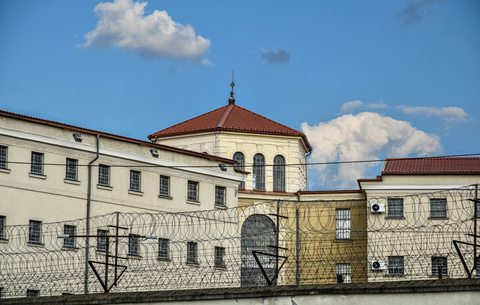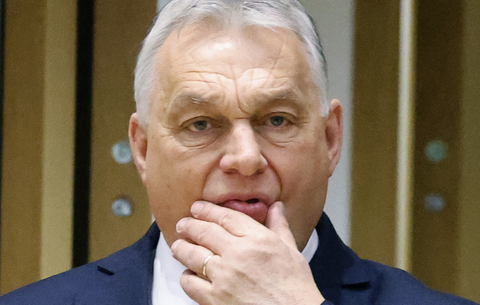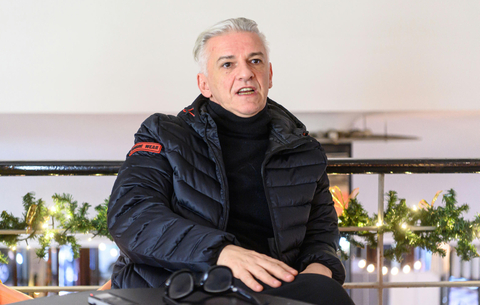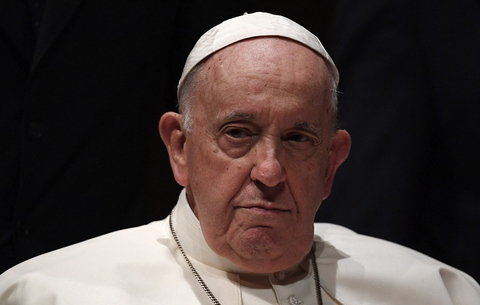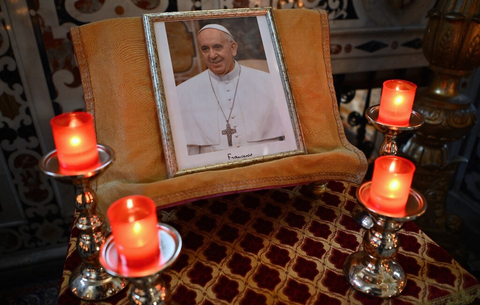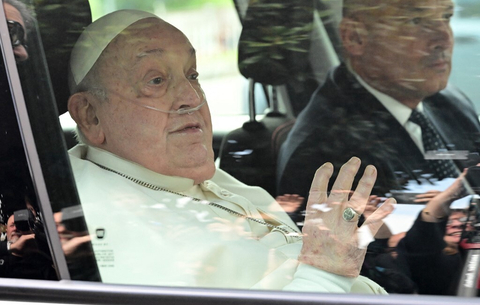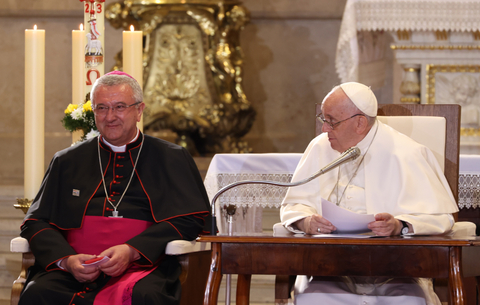Mourning
A friend told me a story about a family heirloom, a watch, which was broken. He took it to a watchmaker, who exclaimed: "It's a Puskas watch." The reason? "At the end of the 1940s, watches like these were only likely to enter the country in a suitcase belonging to one of the Puskas boys, so watchmaker called them Puskas."
© Vörös Szilárd |
My story is one of football economics. In 1985, Puskas told me that when he returned home after 25 years' absence, old acquaintances and friends asked him if he remembered them - and of course he didn't remember all of them. But he mentioned how much he earned playing for Kispest at the end of the 1940s. That he did remember.
Football in Hungary today has a different Puskas story. It is about the frustration caused by losing the 1954 World Cup final, a defeat we invariably expect the Hungarian team to avenge. Any Hungarian footballer with the slightest bit of talent has to live in the shadow of Hungary's 6:3 defeat of England the year before.
Hungarian football today has a Puskas story. It runs: we messed it up.
Socialist professional support and its financing was built around his left foot and the performance of his team. They performed well and they entertained, drawing tens of thousands to the stadium, turning Hungarian football into a success story that still astonishes when seen on one of the few surviving film recordings. Players were paid on the basis of their performance, just as footballers are today. It would have been possible to build on this achievement, but it never happened. Hungary beat Brazil in the 1966 World Cup, and our team was regarded as a good one throughout the 1970s - but the well ran dry, and nothing remains of the glory days for my son, born in 1990 and himself a fan. The benefits and bonuses, both legal and illegal, didn't disappear so quickly. High pay, suitcases of smuggled goods - they all stayed.
Hungarian football today has inherited nothing from Ferenc Puskas, which just makes its demise all the more painful. If he had become the formal leader of Hungarian football at the time of the regime change, Hungarian football and sport would have developed very differently. As president, of course, he would not have scored any goals, but his prestige and contracts would have opened doors in the world of football - here at home most of all.
There is no 'if'. The watch has stopped, we cannot turn back time.
Everyone has a Puskas story, but there are few surviving memories of Puskas. If you never saw him play, if you never saw his success as a manager, then you'll be surprised by this canonisation of the man. But Hungarian football has to move out from beneath the shadow of Puskas and the Glden Team. There may be an opportunity. If the joint Hungarian-Croatian bid to hold the 2012 European Championships is successful, then the final will be held in Budapest. In Ferenc Puskas Stadium.
FERENC DÉNES
(The author is a sports economist)
